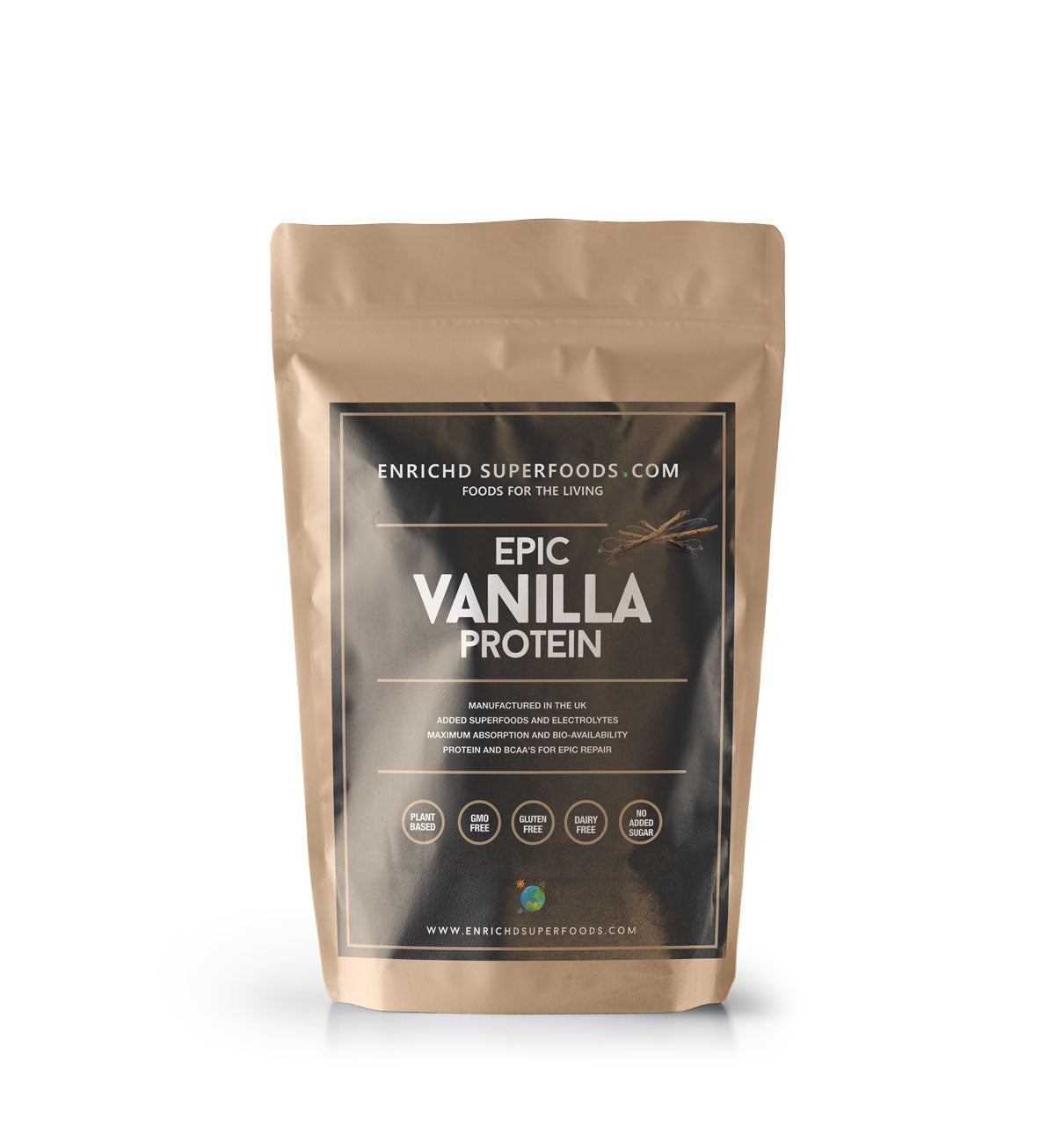
Let's start with a quote and then move into the specific ingredients to beware of...
"Do NOT EAT the chemicals. It is the #1 laboratory safety rule young scientists learn to never break and for good reason; it keeps lab citizens alive and unscathed." (Scientific American, 2013)
This blog post is mostly warnings about other so called health products that may actually contain ingredients that do more harm than good.
It turns out the "health" and fitness industry has been filling your healthy drinks with a load of crap.
Yes, the bags might look shiny and their marketing leads you to believe they are a good company but what's actually going on? And what's actually in the products?
I get it, I used to buy those artificial potentially gut harming bags of junk, and I used to think they were doing me good (in hindsight the thought was probably more beneficial than the drink!). They were cheap and hyper palatable - i.e extremely stimulate for the tongue and brain!
But the reality is, most other health products out there are loaded with undesirable ingredients.
Allergy note: a number of problems arise for people due to unknown allergies to added or even main ingredients. For example many people struggle with soy protein because of an intolerance to... soy.
Possible signs and symptoms it's not agreeing with you? Bloating, increased and intensely smelly flatulence, changes in vision, increased heat within the body, stomach cramps, lower energy after drinking.
Suspect Ingredients
The sweeteners: Sucralose, Synthetic Flavouring, Sucrose, Aspartame (E951), Acesulfame k, Saccharine, Neotame, Brown Rice Syrup, Soy Protein, High Fructose Corn Syrup, and Fructose etc... etc.
(ENRICHD protein powders obviously do not contain any of the above nasties)
Possible Complications
The potential problems, many of which people self medicate day to day, may be caused by artificial foods/ingredients not just in health foods but also in common foods and beverages like tea, coffee, juices...
- Neurotoxins (hinder your brain)
- Immunotoxins (hinder the immune system)
- Hinders gut health/bacteria (critical to health)
- Cancer and tumors
- Brain fog, migraines and headaches
(All references to the above at the bottom of this post)
Commonly Used Bulking Ingredients
Oats; not inherently bad, they're just there too add cheap weight and volume. How much does half a bag of oats cost in a shop? A couple of quid, right? How much do you think that costs a gigantic food supplement company when they buy it by the lorry load? They're cheap and heavy so fill up the protein bag.
What else?
There are a couple of ingredient I want to hone in on because they're fairly common and because it's good to share information like this.
Sucralose (aka Splenda)
Why it might cause problems?
"We found a significant dose-related increased incidence of males bearing malignant tumors" International Journal of Occupational and Environmental Health, 2014
AND.... May also be detrimental to healthy gut bacteria (forget sucralose already), potentially toxic when heated, 2014 study linked Sucralose to leukemia in rats. Similar to other artificial sweeteners it may also be detrimental to brain-gut communication. No gracias.
What is it?
Around 600 times sweeter than sugar it's kind of obvious that there will be something fishy about Sucralose. Oh, and it was originally found through the development of a new insecticide.
Why do they use it?
Sweet, cheap, possibly addictive?
ENRICHD Notes: The name looks and sounds so much like sucrose (sugar) but don't be fooled SucrALose an artificial sweetener.
Fructose (Sneaky little devil)
What is it?
Fructose, often marketred as a healthy alternative to sugar, is not the saintly sweet it's made out to be. Fructose is a sugar derived from fruit or vegetables though it is not metabolised in the same way it would be when in the whole fruit - it's isolated. It has a different metabolic pathway commonly known to put extra stress on the liver.
Why it might be bad?
Fructose in fruit, the whole thing is different and makes sense, because it's part of the whole food (fibre, macro and micronutrients).
But... when the fructose is taken out of the fruit the affect on the human body is very different.
The health implications of excessive consumption of some types of fructose (particularly the version found in many "health" supplements) include fatty liver, cancer, diabetes, high blood pressure and leaky gut. Not cool.
Why do they use it?
People often associate fructose with fruit sugar, and they'd be right, but it's not what it seems.
ENRICHD SUPERFOODS PROTEIN SHAKES
We are proud of every singly ingredient in our protein shakes. Each ingredient has a specific purpose and where possible we source organically.
You can read more about Protein Powder offerings by clicking here.
References:
Sugar substitutes: Health controversy over perceived benefits
https://www.ncbi.nlm.nih.gov/pmc/articles/PMC3198517/
Tricking Taste Buds but Not the Brain: Artificial Sweeteners Change Brain’s Pleasure Response to Sweet.
http://blogs.scientificamerican.com/mind-guest-blog/tricking-taste-buds-but-not-the-brain-artificial-sweeteners-change-braine28099s-pleasure-response-to-sweet/. Published September, 5.
Top 5 Dangers of Maltodextrin + 5 Healthier Substitutes
https://draxe.com/maltodextrin/
Which is More Deadly: Aspartame or Sugar?
https://draxe.com/which-is-more-deadly-aspartame-or-sugar/
Serum phenylalanine concentrations in patients with ovarian carcinoma correlate with concentrations of immune activation markers and of isoprostane-8.
https://www.ncbi.nlm.nih.gov/pubmed/18701209
Artificial Sweeteners May Change Our Gut Bacteria in Dangerous Ways
https://www.scientificamerican.com/article/artificial-sweeteners-may-change-our-gut-bacteria-in-dangerous-ways/
Neotame
https://pubchem.ncbi.nlm.nih.gov/compound/Neotame#section=Top
Sucralose, A Synthetic Organochlorine Sweetener: Overview of Biological Issues
https://www.ncbi.nlm.nih.gov/pmc/articles/PMC3856475/
Sucralose administered in feed, beginning prenatally through lifespan, induces hematopoietic neoplasias in male swiss mice
http://www.tandfonline.com/doi/abs/10.1080/10773525.2015.1106075?journalCode=yjoh20&
Nutrition, Health, and Regulatory Aspects of Digestible Maltodextrins
https://www.ncbi.nlm.nih.gov/pmc/articles/PMC4940893/
